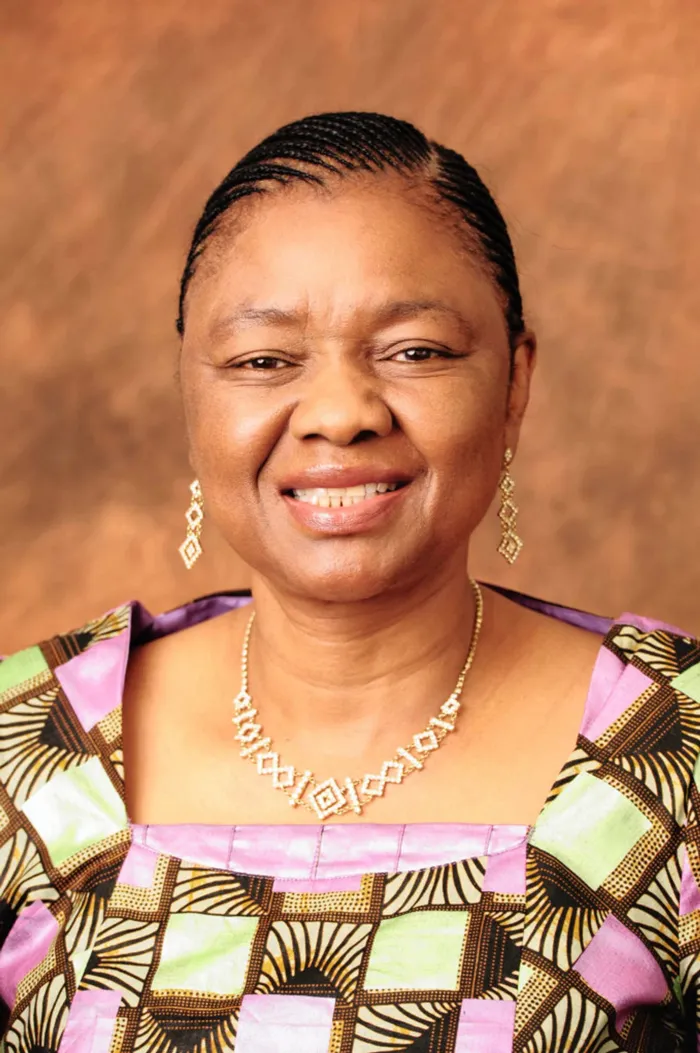Minister laments red tape in agencies

Professor Hlengiwe Mkhize. Professor Hlengiwe Mkhize.
Current development finance agencies do not make it any easier for young people to open businesses, says Deputy Minister of Economic Development Hlengiwe Mkhize.
She hopes an umbrella body will be formed to oversee the agencies.
“Some young people who wanted to open businesses found that they were not accessible.
“They do not have capacity to access markets for their goods or they do not have networks in the sector. Our agencies are not conscious that we are a developing state and people do not only want grants, but capacity to build a business.
“We have to start thinking outside the box. Now, when you want to open a business, you go to the Seda (Small Enterprise Development Agency) to get a business plan. Then to economic development to get Sefa (Small Enterprise Finance Agency) aid and then somewhere else to get IDZ (Industrial Development Zone). There should be a small/medium entity to oversee all development agencies from business plan to the market.”
Mkhize said: “We have been talking about it and hope that in the next administration the things we have been evaluating will be taken care of. If more people can open their own business our GDP will grow. We are slow. Our GDP is only at 2.5 percent and we could be targeting 3 percent. We are a youthful society. If we exclude the youth then we will be a breeding ground for social ills like the abuse of drugs and alcohol.”
The deputy minister said the Sector Education and Training Authorities (Setas) provided important interventions in youth employment but “sometimes we do not monitor the implementation phase. People are just trained for entry into the industry and not growth. Within two years they have reached the ceiling and cannot grow.
“The Seta curriculum should be aligned with curriculum from universities and colleges so it can be effective. Currently, we have pockets of interventions which do not seamlessly work together.”
She said though there was a lot of work still to be done in building the local economy, there had been substantial growth.
“The poverty rate has dropped by 10 percent. I am excited about the investment we are making in infrastructure. Proper infrastructure will have an impact on job creation; skills development and a positive impact on imports and exports.”
On the introduction of tolling on Gauteng’s freeways, Mkhize said they were a perfect way to start a conversation on a reliable public transport system. “We need to move from moaning and groaning and start a conversation. I believe government will be sensitive to the poor. There’ll be a way of exempting poor citizens somehow.
“We cannot wait about thinking about developing infrastructure. We cannot have one person in each car blocking traffic.
“William Nicol and Allandale roads are the known spots. Imagine an investor from another country coming and seeing that traffic. They would be reluctant to invest in our country. We have to find a way of breaking off traffic jams because goods get delayed.”
Last month, rating agency Moody’s downgraded the country’s outlook and this was followed by rating cuts by Standard & Poor’s and Fitch Ratings.
Mkhize said there was no need to be despondent about the ratings.
“They look at too many factors, it is a social science and not a physical science. They look at things like infrastructure, crime stats and skills development and they pull them together and come up with figures. If they give us a good rating, it would be false. We must look at ways of building a sustainable economy.”
Mkhize was happy that Finance Minister Pravin Gordhan announced austerity measures for the cabinet and government officials in a bid to save R2 billion during his medium-term budget last week.
Some of the measures were that government credit cards should be discontinued; car allowances were slashed and ministers and their delegations will not travel first class anymore.
“You do not need a big delegation. When I go overseas, I prepare so all I need is a personal assistant and one member of the technical team. Big delegations are embarrassing. Some of these things have been on the agenda and it was a brave move by the minister to say them to his peers.
“This will make us good leaders and show the public that we are also cutting costs. I have no credit card. Most of us have been concerned about maintaining debt.” - Pretoria News